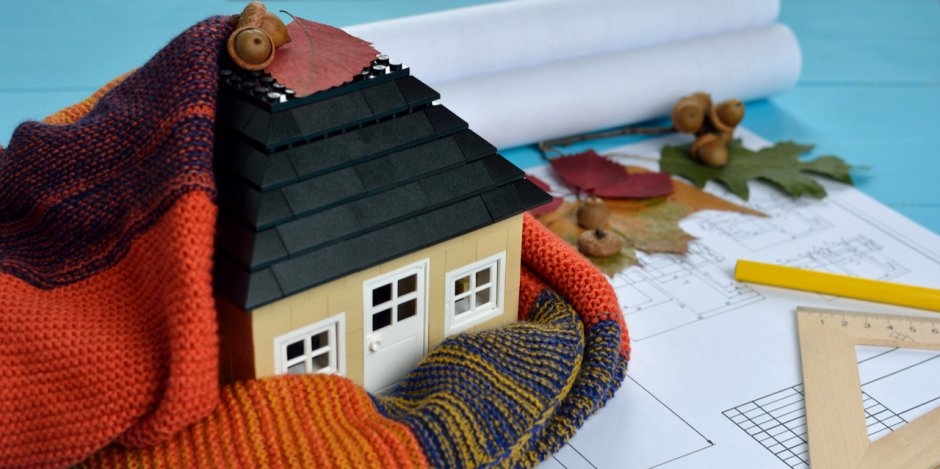
If you live in northern Virginia or the greater DC area, you know how crazy the weather here can be. Summers are brutally hot and humid, while winters can leave you feeling unbearably cold. Unfortunately for homeowners in the DC area, this can mean having to deal with both a hot house during the summer and a freezing cold house during the winter.
If temperatures soared in your home this summer, chances are you’re in for a cold winter as well. Here’s why — and what you can do about it.
Understanding How Heat Moves
When thinking about why indoor temperatures seem to hit extremes during the summer and winter, it helps to understand how heat moves within a home. Heat moves in two main ways within a home: conduction and convection. Conduction is the transfer of heat across materials. Think of a hot cup of coffee, where heat from the coffee transfers through the cup and onto your hand. Conduction explains how heat might enter through the exterior walls of your home during the summer — or leave through those walls during the winter. Convection, meanwhile, is the transfer of heat through the air. Convection explains why air tends to rise in a house, taking heat along with it. Conduction and convection are constantly at work in a house, and the key to a comfortable home is knowing how to control them.
Insulation and Air Sealing to the Rescue
How do you keep heat right where you want it in summer and winter? The answer is with insulation and air sealing.
For conduction, insulation is your best bet. Insulation works by slowing the movement of heat between two spaces. Whether to keep you cool in the summer or warm in the winter, you’ll definitely want to install insulation in your floors, ceilings, and exterior walls. Spray foam insulation, in particular, can help you reach those areas that you might otherwise miss with other types of insulation.
For convective energy loss, air sealing is the way to go. While insulation is part of the solution, additional air sealing will stop airflow dead in its tracks. With proper air sealing, you can address those air leaks around recessed lighting, duct chases, and outlets and keep air from traveling where you don’t want it to go.
Will Your Home Be Ready for Winter?
If your home was hot this summer, now is a good time to think about optimizing your home for the coming fall and winter. With insulation and air sealing, you can make your home comfortable all year long. You’ll even reap additional benefits such as a reduced carbon footprint, lower heating and air conditioning bills, longer lasting HVAC systems, and fewer ice dams in the winter. If you live in northern Virginia or the DC area, considering letting the experts at Home Energy Medics insulate and air seal your home.
